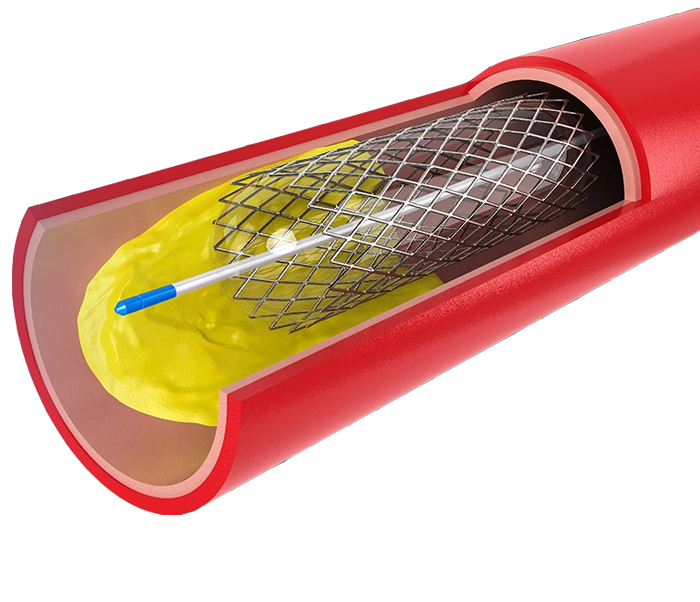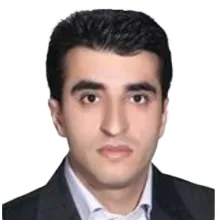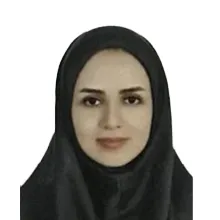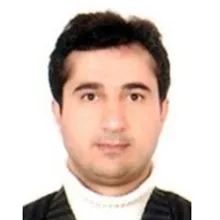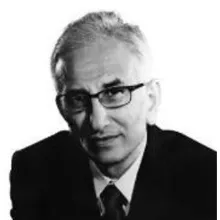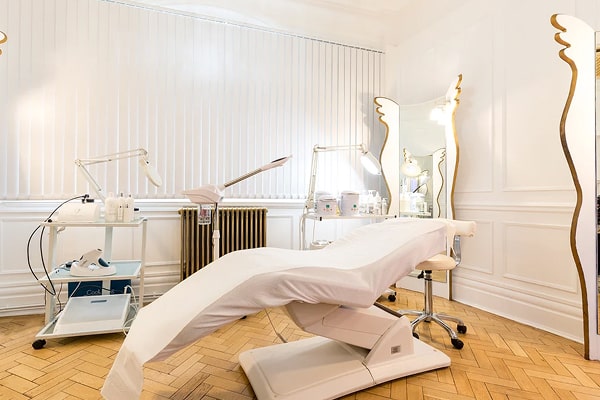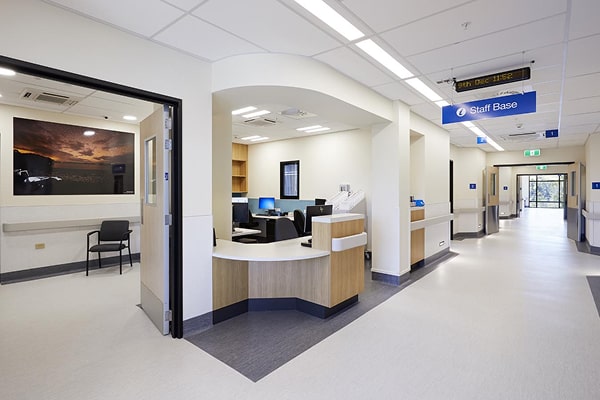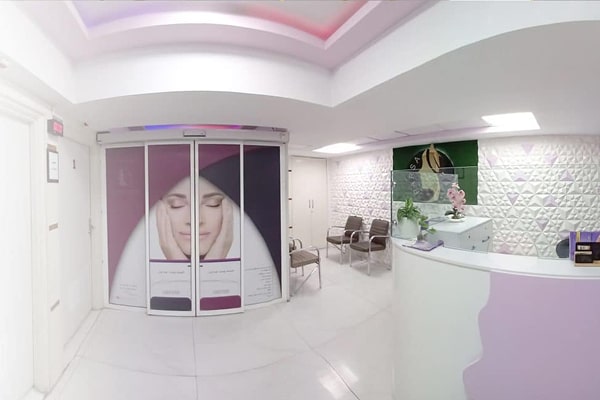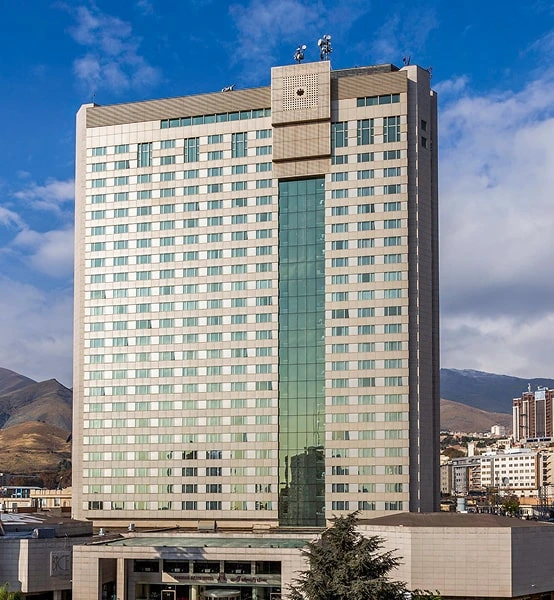Angioplasty: A Modern, Life-Saving Treatment for Coronary Artery Disease
Presented by cckaam – Your Trusted Partner in Medical Travel
Angioplasty is a cutting-edge, minimally invasive procedure used to open narrowed or blocked coronary arteries and restore proper blood flow to the heart. It plays a critical role in treating coronary artery disease and can be life-saving for individuals suffering from reduced cardiac blood supply. In this article, we provide an in-depth overview of angioplasty, its procedure, benefits, risks, types, post-treatment care, and why Iran has become a leading destination for this treatment.
What Is Angioplasty?
Angioplasty is a medical procedure in which a thin tube (catheter) is inserted into narrowed or blocked arteries. A balloon at the tip of the catheter inflates at the blockage site to open the artery. In many cases, a small mesh tube called a stent is also inserted to keep the artery open. This method is especially effective in treating coronary artery disease (CAD), where arteries supplying blood to the heart become narrowed or obstructed.
How Angioplasty Is Performed
- Patient Preparation
Before the procedure, the doctor thoroughly assesses the patient’s condition. Diagnostic tests such as stress tests, echocardiograms, or coronary angiography are typically performed to determine the exact location and severity of the blockage. - The Procedure
During angioplasty, a catheter is inserted through an artery in the arm or groin and guided to the heart. A small balloon at the catheter tip inflates at the site of the blockage to widen the artery. In many cases, a stent is placed to keep the artery open long-term. - Stent Placement
Stents, often drug-eluting, are used to minimize the risk of restenosis (re-narrowing of the artery). These stents slowly release medication to prevent scar tissue buildup inside the artery. - Post-Procedure Monitoring
After angioplasty, patients are closely monitored, especially during the first two weeks. Regular follow-ups are essential to ensure proper healing and detect any early complications.
Types of Angioplasty
- Balloon Angioplasty
Utilizes only a balloon to open narrowed arteries. Commonly used in less severe cases. - Stent-Assisted Angioplasty
In addition to a balloon, a metal stent is inserted to maintain the artery’s openness. Drug-eluting stents are often used to reduce the risk of re-blockage.
Advantages of Angioplasty
- Heart Attack Prevention
Angioplasty improves blood flow to the heart, reducing the risk of heart attacks. - Minimally Invasive
Compared to open-heart surgery, angioplasty is significantly less invasive, with quicker recovery and no need for chest opening. - Symptom Relief
It helps reduce chest pain (angina) and shortness of breath, allowing patients to resume normal activities sooner. - Short Recovery Time
Most patients return home within a day or two and resume daily activities within a week.
Potential Risks and Disadvantages
- Restenosis (Re-narrowing)
Although uncommon with drug-eluting stents, arteries can sometimes become blocked again. - Possible Complications
These include bleeding, infection, or arterial damage. Patients should be fully informed of the risks. - Long-Term Monitoring Required
Lifelong follow-up, medication, and lifestyle changes are essential to maintaining results.
Post-Angioplasty Care
- Adequate Rest
Patients should rest during the initial recovery period and avoid strenuous activities. - Medication Compliance
Antiplatelet medications or blood thinners are typically prescribed and must be taken regularly. - Regular Check-Ups
Follow-up appointments help ensure the artery remains open and the heart functions well. - Healthy Lifestyle
A heart-healthy diet, physical activity, and smoking cessation are key to long-term success.
Cost of Angioplasty
Angioplasty costs vary globally. In Iran, the procedure is significantly more affordable than in Western countries while maintaining high international standards. This affordability, combined with advanced infrastructure and skilled specialists, makes Iran a top medical tourism destination.
Why Choose Iran for Angioplasty?
- World-Class Cardiologists
Iranian specialists are internationally trained with extensive experience in interventional cardiology. - Modern Equipment
Hospitals in Iran are equipped with the latest angiography and angioplasty technology. - Affordable Costs
Treatment costs in Iran are substantially lower than in Europe or the U.S., without compromising quality. - International Patient Services
Many hospitals offer full-service packages for foreign patients, including interpreters, VIP accommodations, airport transfers, and hotel bookings.
Conclusion
Angioplasty is a safe, effective, and minimally invasive treatment for coronary artery disease that has transformed the outlook for many cardiac patients. With rapid recovery, fewer complications, and a strong success rate, it has become a go-to intervention worldwide. Iran, thanks to its skilled professionals, modern medical facilities, and affordable pricing, has emerged as one of the leading destinations for angioplasty—particularly for international patients seeking high-quality care at a reasonable cost.
cckaam is proud to assist patients worldwide in accessing top-tier angioplasty services in Iran.

